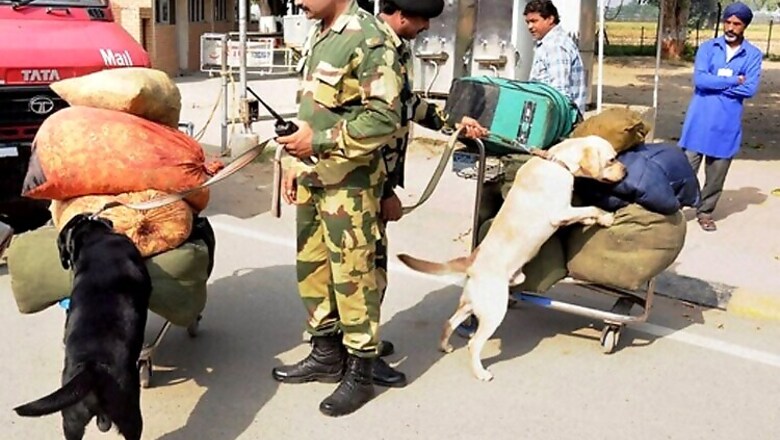
views
New Delhi: In what could be a new lease of life for Indian Army dogs, horses and mules which are routinely put to sleep after their retirement, the force is building special facilities to house them and are in talks with NGOs for giving them up for adoption.
However, not many NGOs in the country have the facility to take care of about 1,000 horses and mules that retire every year.
"Every year about 50 dogs and about 1000 horses and mules retire. The Army is building special facilities in different places in the country to house them after their retirement," defence sources said.
They said that while dogs can easily be taken up by people through adoption, keeping horses and mules is a big problem.
"Maintaining cost for horses are high. Not to forget the space and infrastructure that would be needed," sources said.
The government had in September informed the Delhi High Court that it would come out with a policy on the issue within six months.
The practice of euthanasia will be stopped under this policy, which will also give details of the arrangements to be made for these animals after they retire, the High Court was told.
Additional Solicitor General (ASG) Sanjay Jain said the policy was being formulated and the issues raised in a writ petition, which sought an end to the practice, were under active consideration.
Though a final policy is yet to be adopted, the Army has ceased further killing of ageing animals, except for those suffering incurable, terminal diseases and injuries.
The Army has also been asked by the Defence Ministry to deal with the cases of animals suffering from incurable diseases, injuries and terminal diseases as per the provisions of Section 13 (3) of the Prevention of Cruelty to Animals Act, 1960.
The development came in the backdrop of the court's direction to seek instruction in the matter relating to killing the dogs which have served national security by sniffing bombs, hunting down enemies, locating secret places and fetching evidence.
The Army generally uses Labradors, German Shepherds and Belgian Shepherds, depending on the altitude and weather, besides the nature of assignment which may include routine patrol to explosives detection.
The court had earlier observed that the respondents had admitted that the current practice of putting Army service dogs to sleep was against the provisions of the Prevention of Cruelty to Animals Act, 1960.


















Comments
0 comment